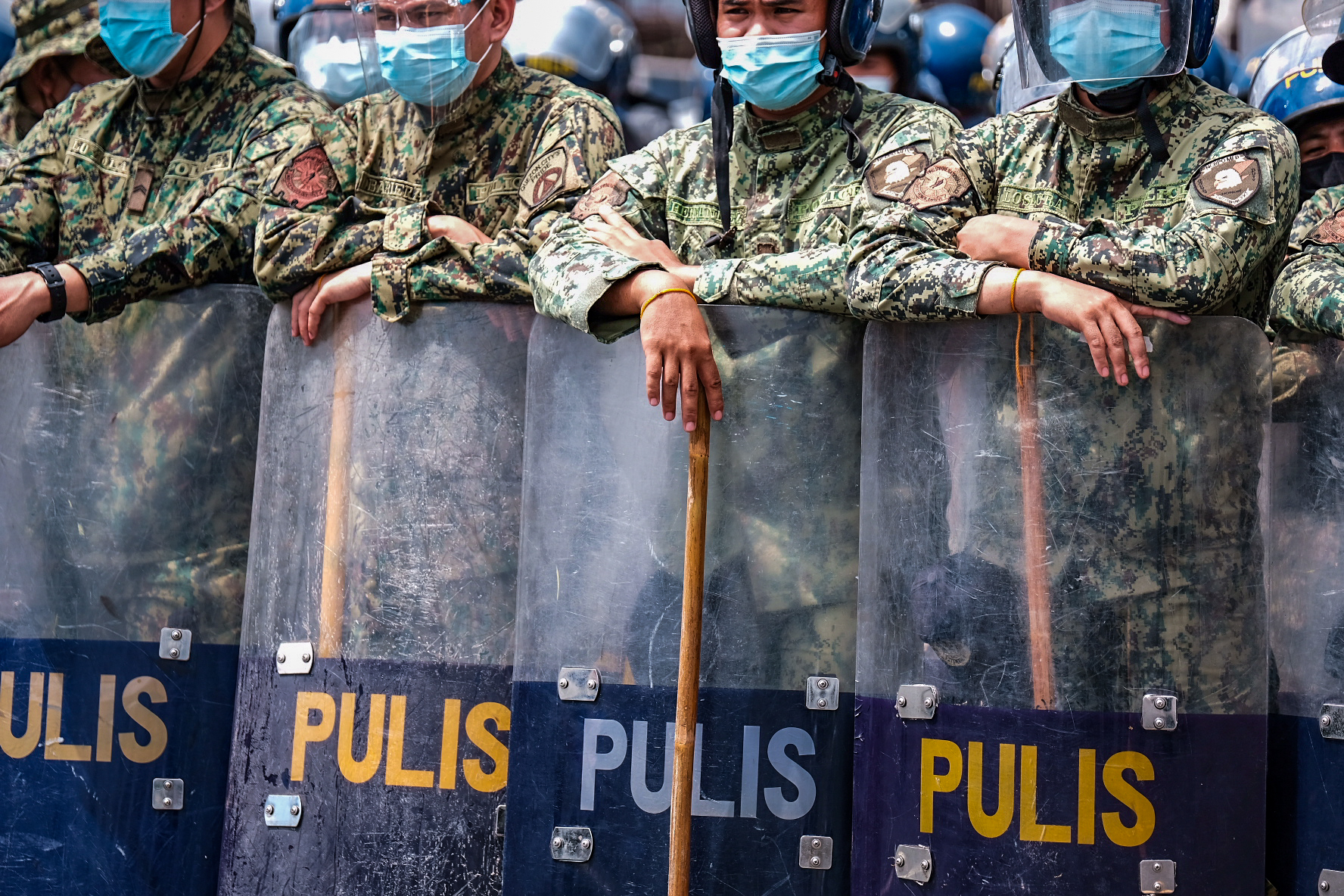The Philippine National Police (PNP) has launched a comprehensive investigation into allegations by former Lt. Col. Jovie Espenido that a quota and reward system existed under the former Duterte administration as part of the anti-drug campaign. Espenido made this statement during the “Quad-Committee” hearings of the House of Representatives on the so-called “war on drugs” under former President Duterte in late August 2024.
PNP chief Gen. Rommel Francisco Marbil said the allegations have caused great public concern and the PNP pledged a thorough investigation. The investigation aims to examine in particular aspects of human rights, operational protocols and existing accountability mechanisms.
Another focus of the investigations are the cases discussed during a recent “Quad-Committee” hearing, including the killings of three Chinese nationals at the Davao Penal and Prison Farm (DPPF) in August 2016, as well as Wesley Barayuga, former secretary general of the Philippine Charity Sweepstakes Office (PCSO), and the mayor of Tanauan, Batangas, Antonio Halili.
Bryony Lau, deputy Asia director of Human Rights Watch (HRW), called on President Marcos Jr. to take immediate action for sweeping reforms in the PNP. Lau emphasized that the Department of the Interior and Local Government (DILG), in cooperation with the Department of Justice (DOJ), should file approriate charges against possible police misconduct.
According to HRW, the newly appointed head of the Interior Department Juanito Victor Remulla should revoke the PNP’s current circulars on combating illegal drugs, in particular “Oplan Double Barrel” (Memorandum Circular 16-2016), and strengthen internal control within the police force. These reforms are crucial in order to restore trust in the PNP and prevent future human rights violations.
Marbil recommended that Congress amend the DILG Act of 1990, which governs the organizational structure of the PNP, to address systemic challenges and structural weaknesses. A flatter organizational structure would accelerate decision-making processes and strengthen accountability through clear roles and improved oversight.
Photo © AMP

